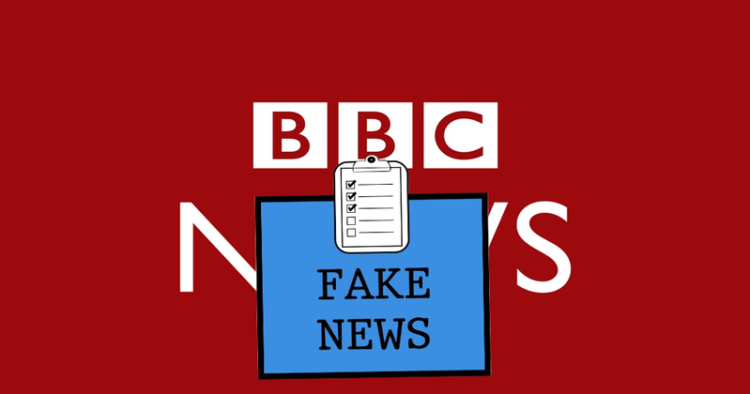New Delhi: BBC is once again in the dock for disseminating false claims regarding the payment of salaries to individuals involved in constructing the launchpad for Chandrayaan-3. This erroneous report not only created unwarranted confusion but also erroneously placed blame on the Government of India.
However, it is vital to highlight the factual context of this situation:
1. HEC (Heavy Engineering Corporation) has had no involvement in the manufacturing of any components for Chandrayaan-3.
2. HEC’s collaboration with ISRO transpired between September 2003 and January 2010, well before the commencement of the Chandrayaan-3 project.
3. HEC’s capacity utilization rate has been alarmingly low, standing at a mere 1.39%.
4. As a separate legal entity registered under the Companies Act, HEC, like other corporations such as BHEL, SOLAR, and Avantel, is obligated to independently generate its own resources.
5. The BBC article, in essence, appears to be a calculated effort to tarnish the reputation of India, ISRO, and the Government of India. It is imperative to acknowledge the BBC’s history of publishing misleading information about India, which underscores a recurring bias.
BBC again caught peddling Fake News against Bharat, ISRO and GOI; Claims in an malicious article that people who build launchpad for #Chandrayaan-3 are not paid salaries for 18 months.
Infact they have claimed inside this malicious article that a company named HEC has not paid… pic.twitter.com/qZORA4Hg5g
— Megh Updates 🚨™ (@MeghUpdates) September 17, 2023
Over the years, the BBC has been embroiled in controversies due to its questionable portrayal of India. Here are a few noteworthy examples:
In May 2022, the BBC published an article titled “Indians are turning to snake venom as a COVID-19 cure,” which was later retracted following criticism from the Indian government and the public. The article baselessly claimed that many Indians were using snake venom as a COVID-19 remedy, despite the lack of scientific evidence.
In March 2022, the British High Commission in India condemned the BBC for airing a documentary titled “India: The Modi Question,” labeling it as “biased” and “misleading.” The documentary, founded on a two-year inquiry by British police, alleged that PM Modi played a role in the 2002 Gujarat riots.
In January 2022, the BBC faced allegations of bias in its coverage of the farmers’ protests in India. The report, titled “India’s farmers protest: How a peaceful movement turned violent,” was criticized for its apparent bias against the farmers. It portrayed the farmers as violent while failing to acknowledge instances of police violence against them.
In December 2021, the BBC published a report titled “India: The truth about the Delhi riots,” which faced backlash for its perceived bias against the Indian government. The report suggested that the Delhi riots were targeted against Muslims, neglecting to mention that Hindus were also victims in those riots.
These instances are but a few examples of the numerous occasions when the BBC has been reprimanded for its partial portrayal of India. It is important to note that the BBC is not the only news organization that has been accused of bias, but its coverage of India has been particularly problematic.




















Comments